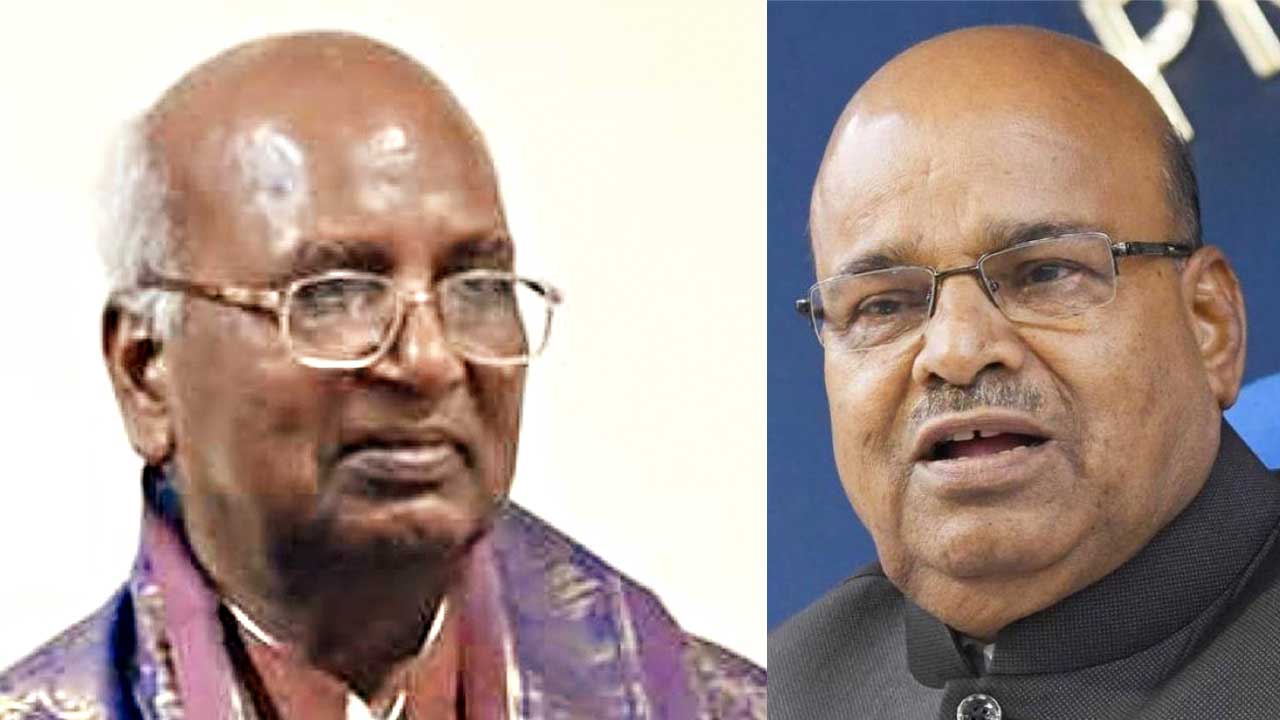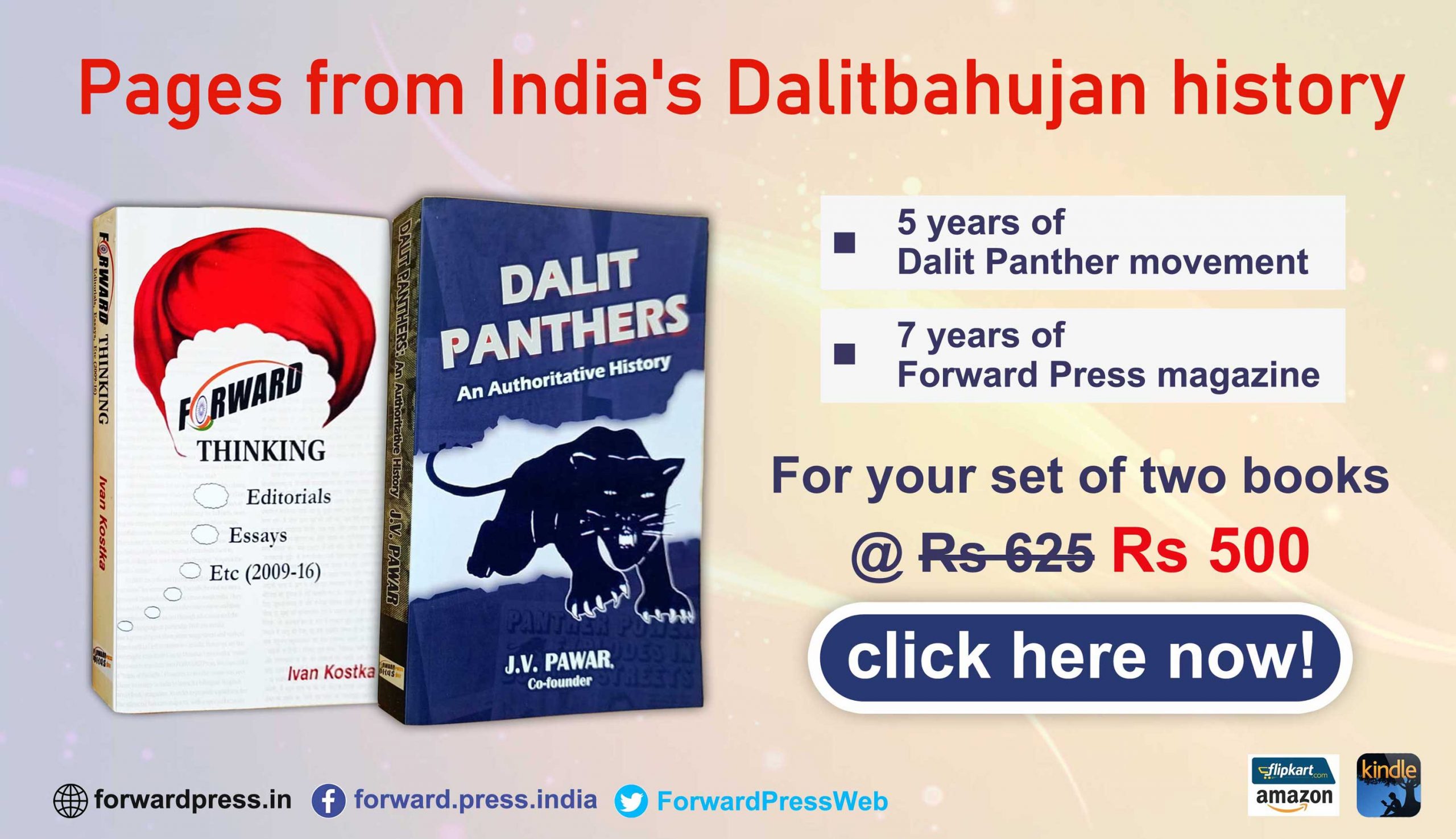It is shocking to find how the National Commission for Scheduled Castes (NCSC) and National Commission for Backward Classes (NCBC), both of which have Constitutional status, have failed the Dalits and backward classes, respectively, together constituting the vast majority of the Indian population.
A report in The Hindu titled ‘Probe attacks on Dalits in AP: TDP’ (31 December 2020) talks about the sad saga of “brutal attacks” against Dalits in Andhra Pradesh and the highly condemned attitude of omission on the part of National Commission for Scheduled Castes (NCSC) towards the victims. In a strongly worded letter addressed to the chairperson of NCSC, Telugu Desam Party (TDP) Politburo member Varla Ramaiah said that the party had appealed to the NCSC to inquire into the attacks and initiate action against the culprits on five occasions. Sadly, the NCSC has not responded to date. “As a consequence, no action has been initiated against the culprits much to the dismay of the victims,” Ramaiah has said. “On the one hand, the ruling party in the State has turned a blind eye to the attacks on Dalits, and on the other, the NCSC appears to be ignoring the victims’ plight. With no authority attempting to contain the situation, the ruling party leaders are emboldened.” In fact, after the term of the office-bearers of the NCSC ended in May 2020, a new commission has yet to be formed.
More or less the same predicament is faced by the Vishwakarma community of Kerala. The community constitutes the second largest population among the OBCs of the state. As reported again in The Hindu titled “Youth hacked to death in Kerala, wife’s kin arrested” (27 December 2020), 27-year-old Aneesh, son of Arumughan, a poor Vishwakarma blacksmith, was returning home from a shop when he was attacked, at Thenkurissi, Palakkad around 6.30 pm, on 25 December 2020. He was hit with an iron rod before being hacked with a sharp weapon. He suffered wounds on the neck and legs, and died on the way to the hospital. It was a case of honour killing by his father-in-law and the latter’s kin, both of whom belonged to another community. The murder followed threats by his father-in-law and the latter’s relatives after an inter-caste marriage of Aneesh with Haritha few months earlier. According to the victim’s family, despite prior information of the threats, the police ignored their complaint. The local MP said that had the police acted in time on the complaint, the murder could have been prevented. Whereas the state government has been quick in the initiation of police inquiries and sympathetic in rendering support (cash and/or employment to dependents) to families from other communities, cases involving Vishwakarmas don’t elicit such response. The case of murder of Aneesh is no different.

Case for NCBC intervention
Notification No NCBC/7/57/2019-RW Misc dated 23 January 2020 on Rules of Procedure of the NCBC [whose formation as a new avatar of the former NCBC, with Constitutional powers – including that of a civil court – was notified with effect from 15 August 2018 on 14 August 2018, under Article 338B (4) of the Constitution] deals elaborately with filing of cases against perpetrators of atrocities against members of the Socially and Educationally Backward Classes (SEBC). According to Sub-section 1 of Section 3.7 dealing with ‘Inquiry into cases of Cognizable or Heinous Offence’, whenever information is received in the Commission about any incident of cognizable or heinous offence against SEBCs, the Commission will immediately get in touch with the law-enforcement and administrative machinery of the state and the district to ascertain the details of the incident and the action taken by the district administration. If after detailed inquiry/investigation, the commission finds substance in the allegation/complaint regarding cognizable or heinous offence, the commission may recommend to file an FIR against the accused with the law-enforcement agency of the state/district. In such cases, the state government/district administration/police personnel may be summoned within three days. According to Provision 3.7.3 (iii), the Commission, inter alia, will also monitor that proper compensation is paid to the victims as per provisions of law.
Despite prior complaints to the local police about threats to the life of the newlyweds, it was reported that laxity on the part of the police led to his murder. In my capacity as a member of the Vishwakarma community who was a chairperson of the former Commission for Vishwakarma Community, Government of Kerala (2012-14), I requested through an email on 29 December 2020 to the chairperson and two members of the NCBC to initiate appropriate action, in view of the Constitutional status enjoyed by the new Commission. However, my request with supporting media evidence on the matter has neither been acknowledged nor acted upon so far by the Commission, ironically consisting also of a member belonging to the caste of the victim. The family of the victim, including his wife (yet to finish her BBA), is entitled to financial support and employment through NCBC intervention.
Forward Press also publishes books on Bahujan issues. Forward Press Books sheds light on the widespread problems as well as the finer aspects of Bahujan (Dalit, OBC, Adivasi, Nomadic, Pasmanda) society, culture, literature and politics. Contact us for a list of FP Books’ titles and to order. Mobile: +917827427311, Email: info@forwardmagazine.in)
The titles from Forward Press Books are also available on Kindle and these e-books cost less than their print versions. Browse and buy:
The Case for Bahujan Literature
Dalit Panthers: An Authoritative History







